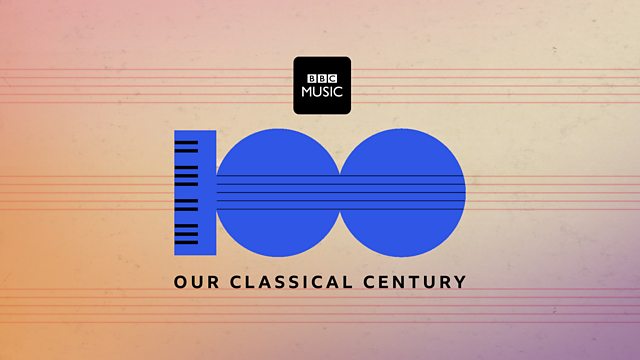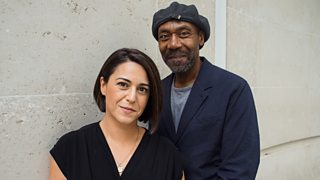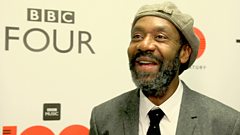
Dmitri Shostakovich: Cello Concerto No 1
As played by Sheku Kanneh-Mason at the wedding of Prince Harry and Meghan Markle.
On Saturday 19 May 2018, the British were doing what they do best: putting on a Royal Spectacular, full of tradition and splendour. The weather was fine, the venue was the 14th-century St George’s Chapel at Windsor Castle. Crowds gathered in the streets of the town and in the castle grounds: the famous faces who’d come to Windsor included the Beckhams, the Clooneys, Serena Williams and Oprah. They had all come to witness the wedding of Prince Harry and Meghan Markle.
The fact that Meghan Markle is of mixed African-American and white American parentage clearly affected some of the choices made in the ceremony. The sermon was given by the charismatic African-American Bishop Michael Curry; The Kingdom Choir (a black gospel choir from London) were conducted by Karen Gibson in a special arrangement of Stand By Me by Mark Delisser. The royal couple processed out of the Chapel not to a high Anglican anthem or an organ voluntary, but to the choir clapping and swaying to This Little Light of Mine. The great British royal ceremony had become more reflective of the diversity of British society - and the Kingdom Choir became stars.
Another star that day was the 19-year-old Nottingham-born cellist Sheku Kanneh-Mason. While the newlyweds were signing the register, Sheku performed under a canopy of white flowers in the middle of the chapel, flanked by an orchestra made up of musicians from three orchestras, all of which haf a connection to Prince Harry’s family. Sheku played three popular works: The Sicilienne, attributed to Maria Teresia von Paradis, Après un rêve by Fauré and an arrangement of Schubert’s Ave Maria.
Sheku had shot to fame in the UK two years earlier when he won Â鶹ԼÅÄ Young Musician with a staggeringly mature performance of Shostakovich’s First Cello Concerto. He was the first black musician to win the competition. Sheku, and his six ferociously talented siblings, came to public attention at just the time when some people were asking questions about the lack of diversity in British classical music. Asking questions and doing something about it.
In 2015, leading double bassist Chi-chi Nwanoku asked herself why she was always the only person of colour in any orchestra that she found herself playing in. So she formed an orchestra in which the tables would be turned. She found musicians from all around the world and created Europe’s first majority black and minority ethnic professional orchestra. She called it Chineke! - a word which means creator spirit in the Igbo language of Chi-chi’s heritage.
Chineke’s first concert at the Queen Elizabeth Hall in September 2015 was a joyful affair. Sheku Kanneh-Mason and several of his siblings were in the orchestra and in the junior orchestra that played beforehand. And the audience - well, the audience looked like London, looked like Nottingham or Birmingham or Manchester. It looked like modern Britain.
This is one of 100 significant musical moments explored by Â鶹ԼÅÄ Radio 3’s Essential Classics as part of Our Classical Century, a Â鶹ԼÅÄ season celebrating a momentous 100 years in music from 1918 to 2018. Visit bbc.co.uk/ourclassicalcentury to watch and listen to all programmes in the season.
This is an archive recording by the Â鶹ԼÅÄ Symphony Orchestra conducted by Mark Wigglesworth, with soloist Sheku Kanneh-Mason.
Duration:
This clip is from
Featured in...
![]()
The music of Our Classical Century—Our Classical Century
100 recordings to celebrate 100 years of exciting, inspirational, rule-busting music.
More clips from Our Classical Century
-
![]()
Step outside your musical tribe
Duration: 02:49



